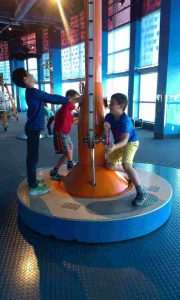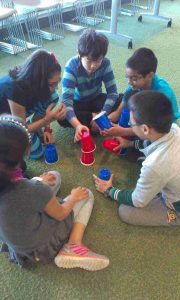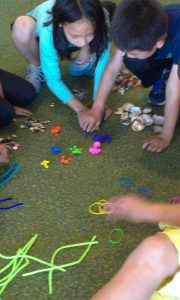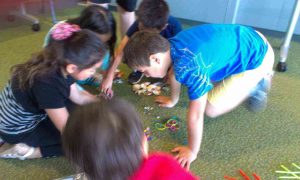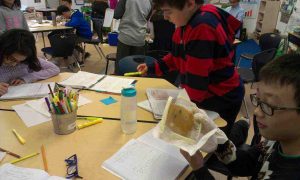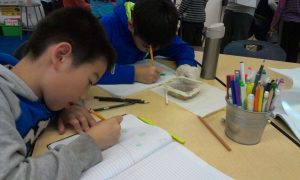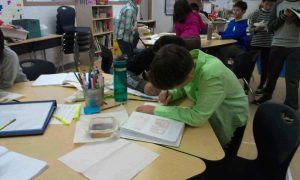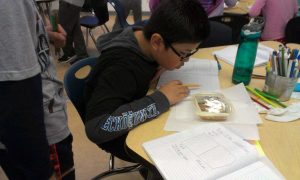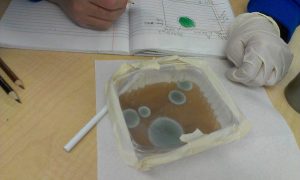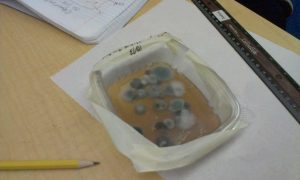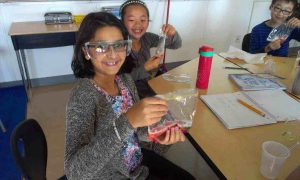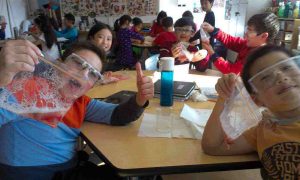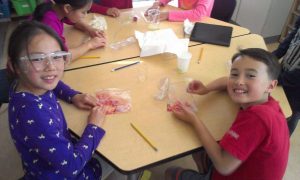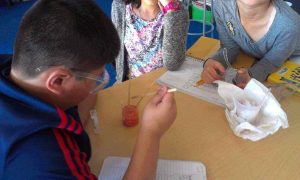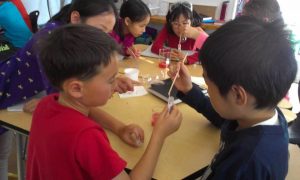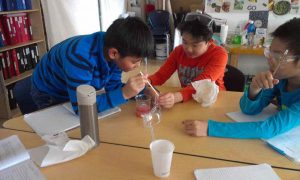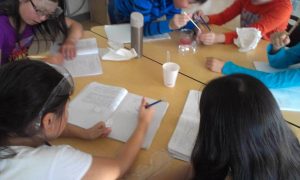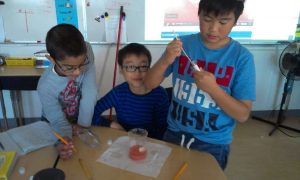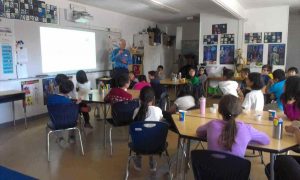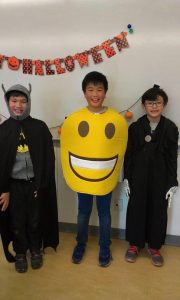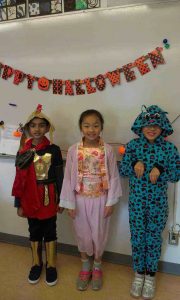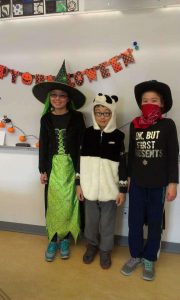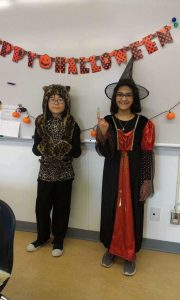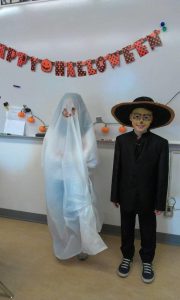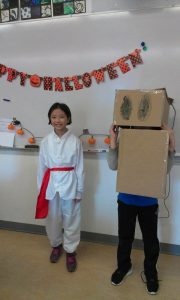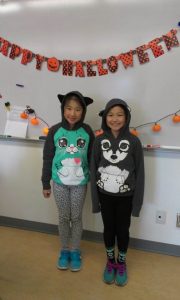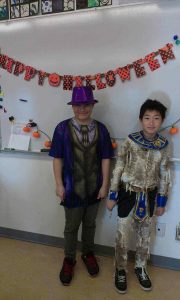Charting Technology’s Impact! Update Wednesday, November 28th
Hello Everyone!
Yesterday was very exciting! We worked with tools, measured our stuffed animals, collaborated with peers, and did some great learning together.
Unit: Socials
We are continuing our conversation about technology’s impact on humanity and our world. Each student has chosen an area of technology, such as communications, entertainment, transportation, or health, to research further. With their findings, students will create a timeline of technology developments! We have looked at some timeline examples in class, and a wide range of non-fiction books on inventions and machines are available to use. We discussed strategies for using non-fiction resources, such as using synonyms for our topic as we look through the table of contents or the index.
Timeline criteria includes:
- Use no more than 4 pieces of legal-sized paper to create the timeline,
- Use a ruler to make the “line” for your timeline down the center, and then mark off specific dates. I showed examples in class.
- Use both words and coloured pictures to illustrate the changes in technology. Limit any words to the name of a technology, the date, and 1-2 sentences about the technology or change in history.
- Make sure to focus on machines, technology, and devices. We don’t need the whole history of your topic area. Our focus is machines.
- Write words in pencil, then go over it in fine liner at the end so it is visible.
- We will display these in the hallway, so make sure all words and pictures are appropriate.
- We will have one week, and you may use time in class and at home.
Unit: Science and Art
As we talked about simple machines, we discussed how the WEDGE makes work easier because it helps us split things with less effort. We looked at sandpaper and its purpose, and we talked about how the edges of sand particles (the small rocks and minerals in sand) act as tiny wedges, splitting away the wood slowly to smooth it down.
Each student received a piece of wood to sand down, and everyone said it was hard work! Then, we used another machine, the hammer, to put nails into our wood piece in a pattern. This will become a lovely piece of art after everyone finishes connecting the nails with coloured yarn and string! I look forward to the finished product. And I enjoyed watching everyone work with hammers and learn how to use simple levers successfully — for some it was the first time! Stay tuned for more making projects during the month of December! And thank you to all parents who donated hammers for us to use. They will be returned shortly, as soon as students finish up.
Language Arts
About half of the class has finished their TED Talks. During the delivery of these speeches, students are practicing their communication skills from the BC Core Competencies by listening attentively, providing positive feedback afterwards, and practicing the gentle ways to give and to receive constructive criticism to improve for next time. With every project, we are exercising our self-assessment muscles, and hearing feedback from peers helps students find the words to fill out their assessment rubrics.
French
Thank you to everyone who has completed their French quizzes online. Ms. D will start doing the oral quizzes today and over the next couple of days, as it will take time to get through everyone.
Math
Thank you to everyone who did their homework and brought in a stuffed animal yesterday! We had a wide variety of interesting critters! The purpose was to have something to measure and to begin our new unit Math Makes It Work. We talked about the differences between the imperial and metric measuring systems, and then discussed how it is important to know how to use both! Students used both systems to measure the height, width, and breadth of their animals. Meanwhile, we also created a measuring wall, where we put down the measurements of all students in the classroom, along with the heights of our stuffed animals. It will be interesting to see if everyone’s height changes as the year goes on!
Math quizzes were completed, and I will hopefully have marks from these by the end of the week.
Math Survey projects are due next week on Tuesday. Use your time wisely in class to get your data from the surveys organized and to talk with your partner about how you will display the data on one poster in an interesting way. Remember you have a rubric with criteria on it in your math binders!
Reminders!
- If any parent knows of an engineer or science-based person who would like to come in and talk — or anyone who works with technology (digital or any kind of machines) — then please let Ms. D know! We are looking for visitors!
- Please save recycled items, particularly tubes and interesting bits for building. The students will be doing a project next week that involves a need for parts!
- Library on Wednesday, so reminder to bring in your books!
- Please return signed work back to the classroom as soon as possible, so we can put it in our black portfolios!
- Break does not start until Dec. 22nd. If you are planning on leaving early, please let me know ASAP, as we will be doing unit activities until the end. Thank you!
Have a great day! I look forward to December, as we will have Hour of Code next week and lots of maker things to do leading up to the break!
Ms. D

